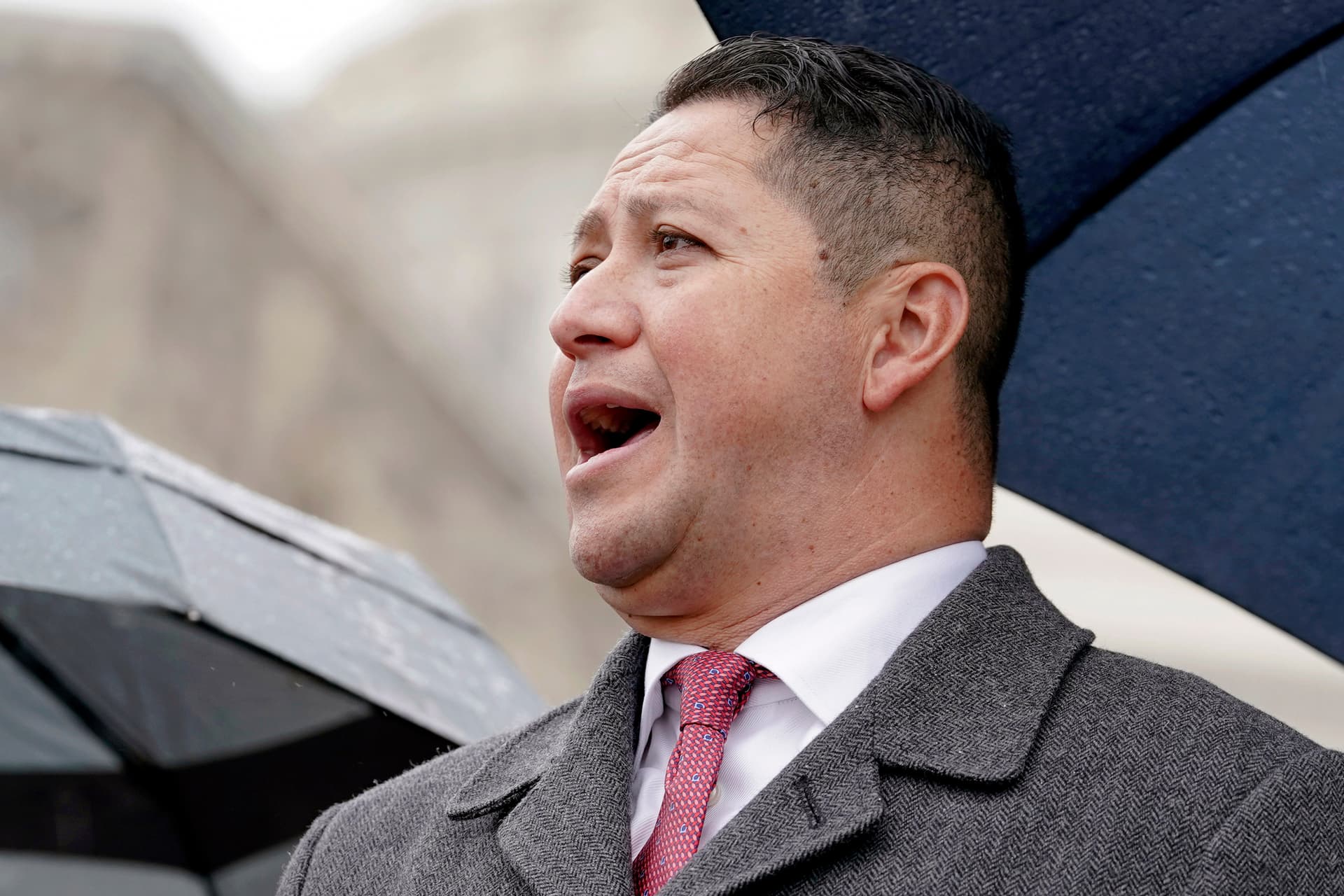
Thousands Of Venezuelan Women Remain Trapped In Colombia’s Sex Trade Following Maduro’s Capture
By HOLLIE McKAY
|Food industry groups wasted no time in pushing back on the effort.

Already have a subscription? Sign in to continue reading
$0.01/day for 60 days
Cancel anytime
By continuing you agree to our Privacy Policy and Terms of Service.

By HOLLIE McKAY
|
By ELYSA GARDNER
|
By HOLLIE McKAY
|
By BENNY AVNI
|
By MATTHEW RICE
|
By HOLLIE McKAY
|
By GEORGE WILLIS
|
By MATTHEW RICE
|